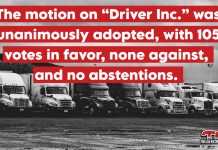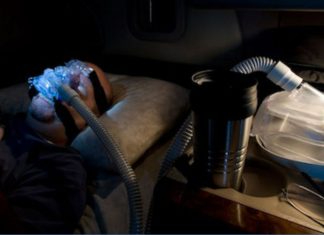On January 9, the Biden administration introduced a new labor rule aimed at addressing the issue of misclassifying workers as “independent contractors” to enhance legal protections and compensation for American workers.
However, concerns have been raised by business groups, especially those in the trucking industry, regarding the uncertainty this rule may create for employers. The actual impact of the rule will depend on how the Department of Labor chooses to enforce it.
This new rule from the Department of Labor, proposed 15 months ago, replaces a previous standard established under the Trump administration, which had narrowed the criteria for classifying workers as contractors, denying them minimum wages and benefits.
Within the trucking industry, certain stakeholders have expressed dissatisfaction, fearing that aspects of the new rule may not align with the industry’s dynamics and could reclassify independent workers as employees.
The rule, set to take effect on March 11, requires employers to consider six criteria for determining worker status without biasing one criterion over the others. Supporters believe it offers a more comprehensive approach to determining genuine worker independence.
However, the rule does not fundamentally change existing law and won’t impact the classification of over a million Americans who use platforms like Uber for flexible income, as stated by Uber and Lyft. The U.S. Chamber of Commerce is considering legal action, arguing it leaves employers uncertain about classification decisions. Ultimately, the rule provides an interpretation of who should be entitled to protections under the Fair Labor Standards Act of 1938, but it lacks the same legal weight as laws passed by Congress or state legislatures.
















